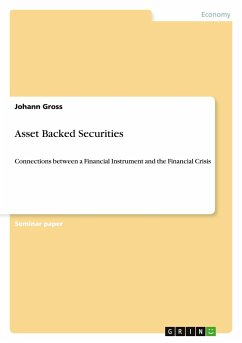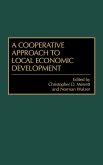Most of the schools built in the United States, as well as many public facilities, must be financed by borrowing in the capital markets. Until recently, when strongly competing capital demands have interfered, the privilege of tax exemption has made state and local government borrowing relatively easy. Dr. Robinson has made an extensive study of the changing market value of tax exemption and of its effect on the yield of various securities. His analysis, which shows that the lessened value of tax exemption may well encourage administrative and financial reform in state and local governments, is of importance to finance authorities, institutional investors, and security analysts. Originally published in 1960. The Princeton Legacy Library uses the latest print-on-demand technology to again make available previously out-of-print books from the distinguished backlist of Princeton University Press. These editions preserve the original texts of these important books while presenting them in durable paperback and hardcover editions. The goal of the Princeton Legacy Library is to vastly increase access to the rich scholarly heritage found in the thousands of books published by Princeton University Press since its founding in 1905.
Hinweis: Dieser Artikel kann nur an eine deutsche Lieferadresse ausgeliefert werden.
Hinweis: Dieser Artikel kann nur an eine deutsche Lieferadresse ausgeliefert werden.








